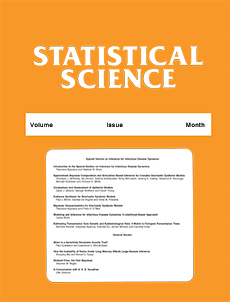Abstract
In this paper, we propose a new template for empirical studies intended to assess causal effects: the outcome-wide longitudinal design. The approach is an extension of what is often done to assess the causal effects of a treatment or exposure using confounding control, but now, over numerous outcomes. We discuss the temporal and confounding control principles for such outcome-wide studies, metrics to evaluate robustness or sensitivity to potential unmeasured confounding for each outcome and approaches to handle multiple testing. We argue that the outcome-wide longitudinal design has numerous advantages over more traditional studies of single exposure-outcome relationships including results that are less subject to investigator bias, greater potential to report null effects, greater capacity to compare effect sizes, a tremendous gain in the efficiency for the research community, a greater policy relevance and a more rapid advancement of knowledge. We discuss both the practical and theoretical justification for the outcome-wide longitudinal design and also the pragmatic details of its implementation, providing publicly available R code.
Citation
Tyler J. VanderWeele. Maya B. Mathur. Ying Chen. "Outcome-Wide Longitudinal Designs for Causal Inference: A New Template for Empirical Studies." Statist. Sci. 35 (3) 437 - 466, August 2020. https://doi.org/10.1214/19-STS728
Information





